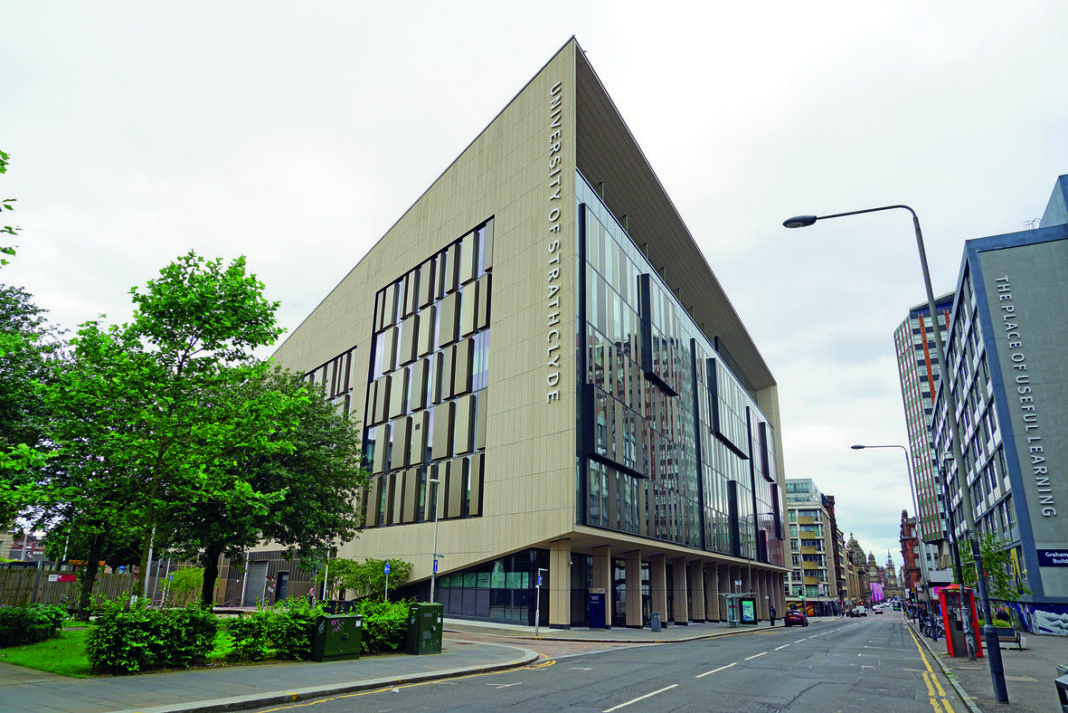
THE University of Strathclyde is to trial running broadband through water pipes in South Yorkshire in a bid to get better internet access to people without having to dig up roads.
It will see fibre-optic cables deployed through 17 kilometres of live drinking water mains between Barnsley and Penistone, which the university said could give a connection to an estimated 8,500 homes and businesses along the route.
The network will also be used to set up 5G masts to bring ‘fast and reliable’ wireless broadband to hard-to-reach communities where wired solutions are too expensive to deliver commercially. It will also explore how fibre-optic can help the water industry detect leaks, operate more efficiently and lower the carbon cost of drinking water.
If successful, the university explained that the trial will demonstrate what could be a greener, quicker and more cost-effective way of connecting fibre optic cables to homes, businesses and mobile masts – without the disruption of digging up roads and lands.
The University of Strathclyde will be joined by Yorkshire Water and engineering firm, Arcadis, on the project, with it being funded by the UK Government. The technology being deployed has been approved by the Drinking Water Inspectorate (DWI), with it set to be rolled out within two years if the trial proves successful.
Principal and vice chancellor of the University of Strathclyde, Professor Sir Jim McDonald, said, “The university is delighted to be a partner in this project which will enable rural connectivity for communities, as well as providing essential connectivity support for utilities and their sensing, control and security requirements.
“At Strathclyde, our StrathSDR communications team have participated in a number of very successful rural connectivity 5G projects with DCMS support, and we are also the host of the Scotland 5G Centre, who we have worked with to create 5G private networks in remote and rural locations.”
Digital infrastructure minister, Julia Lopez, added, “Digging up roads and land is one of the biggest obstacles to rolling out faster broadband, so we’re exploring how we can make use of the existing water network to accelerate deployment and help detect and minimise water leaks.
“We’re committed to getting homes and businesses across the country connected to better broadband and this cutting-edge project is an exciting example of the bold measures this government is leading on to level up communities with the very best digital connectivity.”








